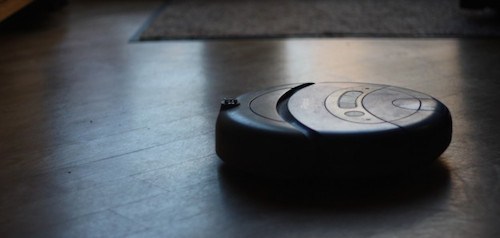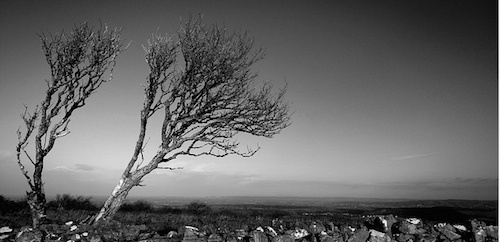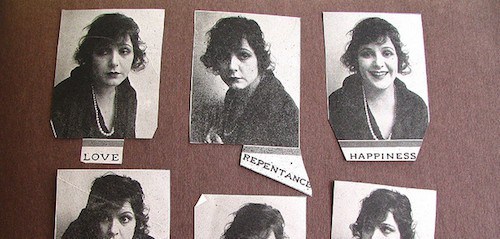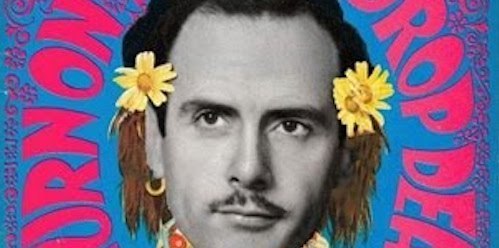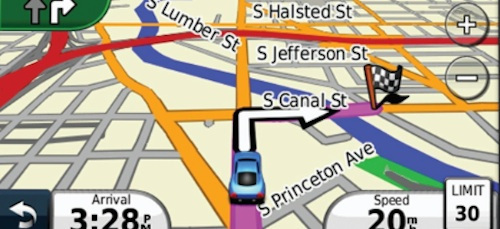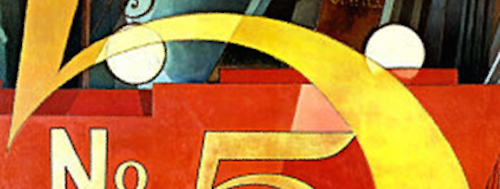Nicholas Carr's Blog, page 26
November 11, 2014
When Roombas kill
Jenny Shank interviews me about The Glass Cage over at MediaShift. The conversation gets into some topics that haven’t been covered much elsewhere, including my suggestion thatRoomba, the automated vacuum cleaner, provides an early and ever soslightly ominous example of robot morality (or lack thereof). “Roomba makes no distinction between a dust bunny and an insect,” I write in the book. “It gobbles both, indiscriminately. If a cricket crosses its path, the cricket gets sucked to its death....
November 9, 2014
Thinking, straight and crooked
Computers think straight. People think crookedly. Despite all the frustrations that come with thinking crookedly, we have it much better than our calculating kin. Thinking crookedly is more interesting, more rewarding, flat-out more funthan thinking straight. Emotion, pleasure, art, ingenuity, daring, wit, funkiness, love: pretty much everything good is a byproduct of crooked thinking. To think crookedly — to be conscious and self-aware and kind of fucked-up — is a harder feat by far than to...
November 7, 2014
Desperate scrapbookers
“In 1881, when Monte Grover, a Wyoming prostitute, pasted published poetry into her scrapbook, she followed a common practice of using clippings to construct an idealized life by isolating a set of values that she found around her. She preserved marks of her inner identity and her best self within a scrapbook. People today, more than a hundred years later, find their identities recorded and inscribed in bureaucratic files and data banks; their official human identities are found in X rays, bi...
October 21, 2014
Smartphones are hot
The lightbulb, Marshall McLuhan wrote at the start of his 1964bookUnderstanding Media, is an example of a medium without content. Walk into a dark room and hit the light switch, and the bulb generates a new environment for you even though the bulbtransmits no information. The idea of a medium without content is hard to grasp— it doesn’t make sense in the context of our assumptions aboutmedia —but it’s fundamental to understanding McLuhan’s contention that the medium is the message, i.e., that...
October 18, 2014
“Understanding Media” turns 50
This yearmarks the 50th anniversary of the publication of Marshall McLuhan’s best known work, Understanding Media. To mark the occasion, I’m republishing some thoughts on the man and the bookthat originally appeared here in 2011. I also had an opportunity to chat about McLuhan’s legacy with Brooke Gladstone in a segment of On the Media airing this weekend, which you can listen to here. The image above is a detail from aMADmagazine cover.
One of my favorite YouTube videos is a clip from a 1968...
October 15, 2014
Transformations
From Christopher Ricks’s 1964 review of Marshall McLuhan’s Understanding Media:
The style is a viscous fog.
From the 2003 MIT Pressanthology The New Media Reader:
Christopher Ricks, in a typical reply, wrote that “the style is a vicious fog.”
From Google, 2014:
Googler for a day
I went to Google last week and talked about humans:
My thanks to Ann Farmer for making the arrangements and to Peter Norvig for the thoughtfulintroduction.
October 13, 2014
Navigation and the “inner GPS”
Navigation is the most elemental of our skills — “Where am I?” wasthe first question a creature had to answer — and it’s the one that gives usour tightest connection to the world. The loss of navigational sense is also often the first sign of a mind in decay. Last week, the Nobel Committee announced that this year’s Nobel Prize in Physiology and Medicine will goto three scientists — John O’Keefe and the couple May-Britt and Edvard Moser — whose work has revealedthe intricatebiological underpi...
October 11, 2014
The Glass Cage, inscribed
Psst. Barnes & Noble has some signed copies of my new book for sale. Here.
October 6, 2014
The one who searches and destroys
I skimmed Will Self’s essay “The Fate of Our Literary Culture Is Sealed.” Here’s what I picked up:
tossed from wave to wave of language as we relapse into the wordsea
no forensic or analytic account of reading can do justice to the strange interplay between levels of reality we apprehend when we
or the street map of Dublin
the reader strives to see in them, see through them, and to discern the connections between them
what it might be like to not have to read deeply at all
finding in digital readin...

